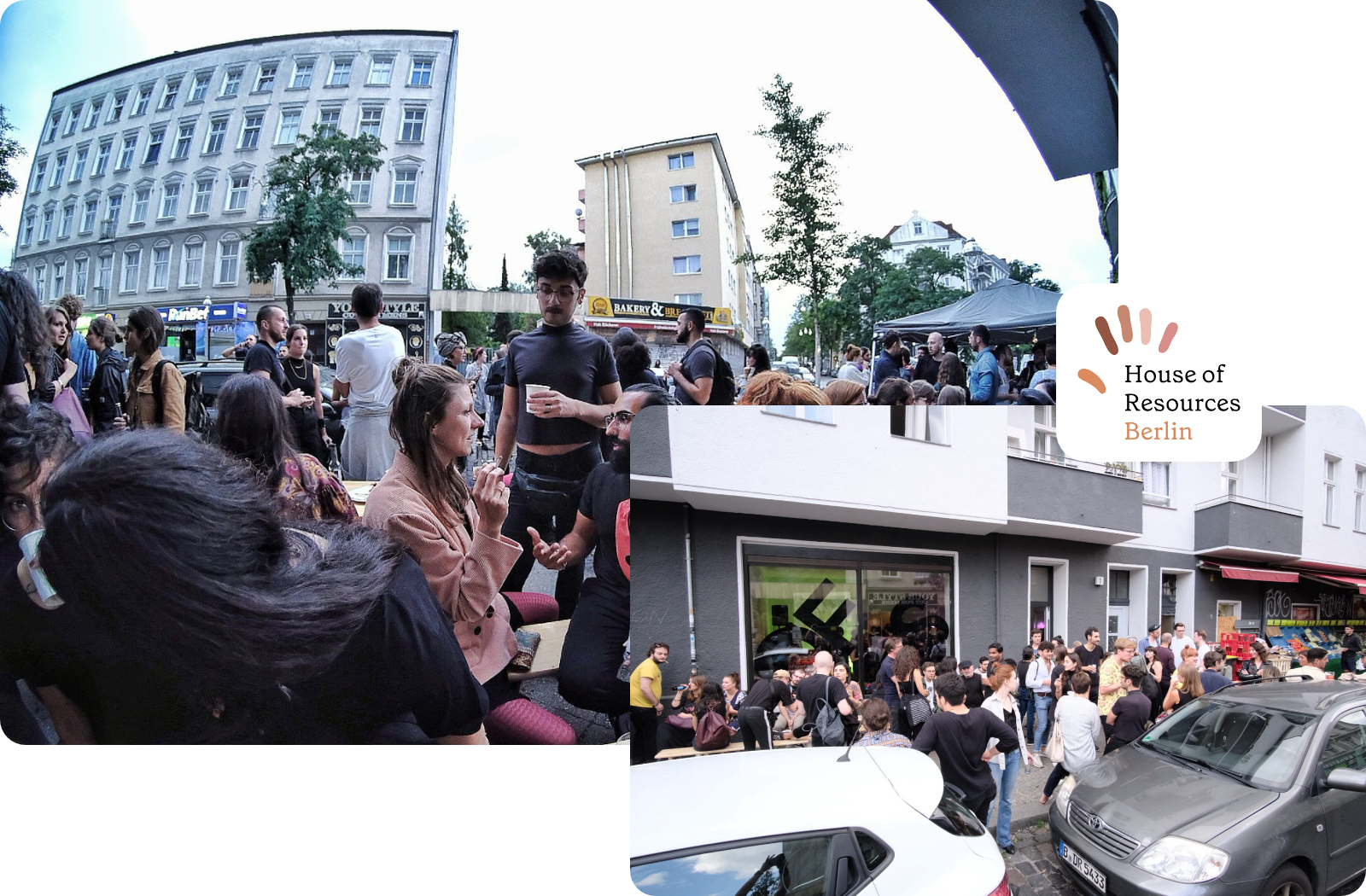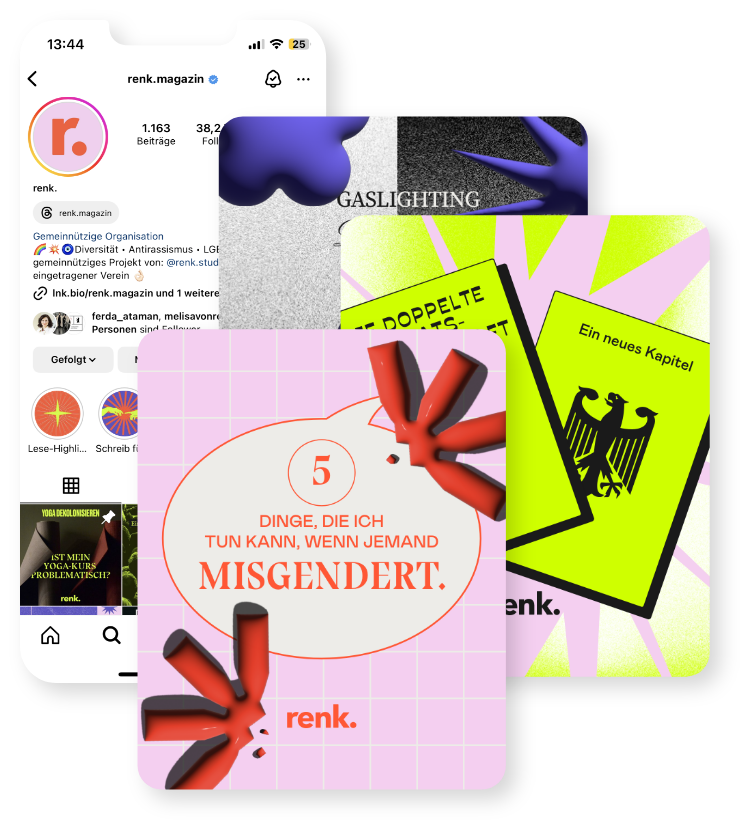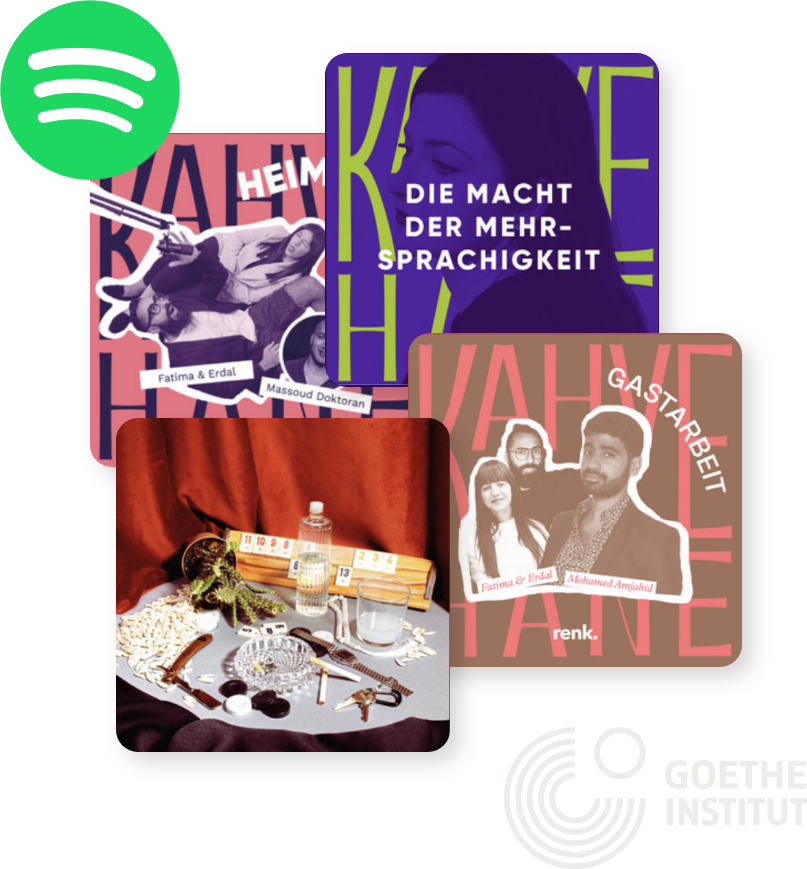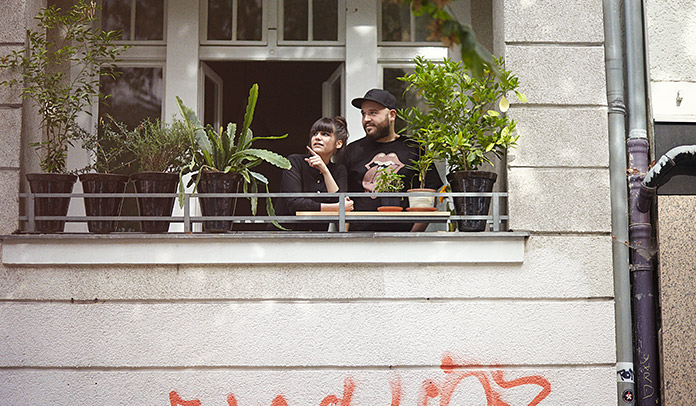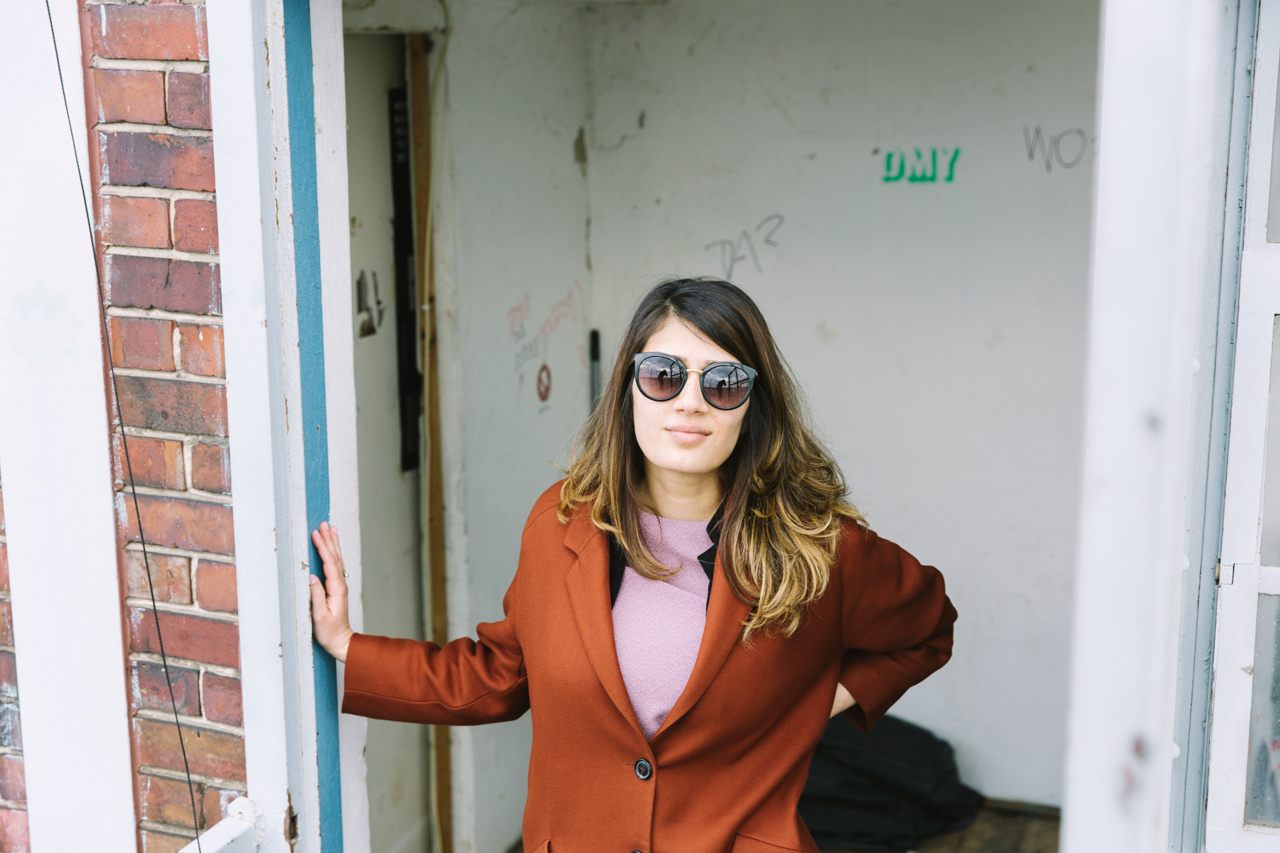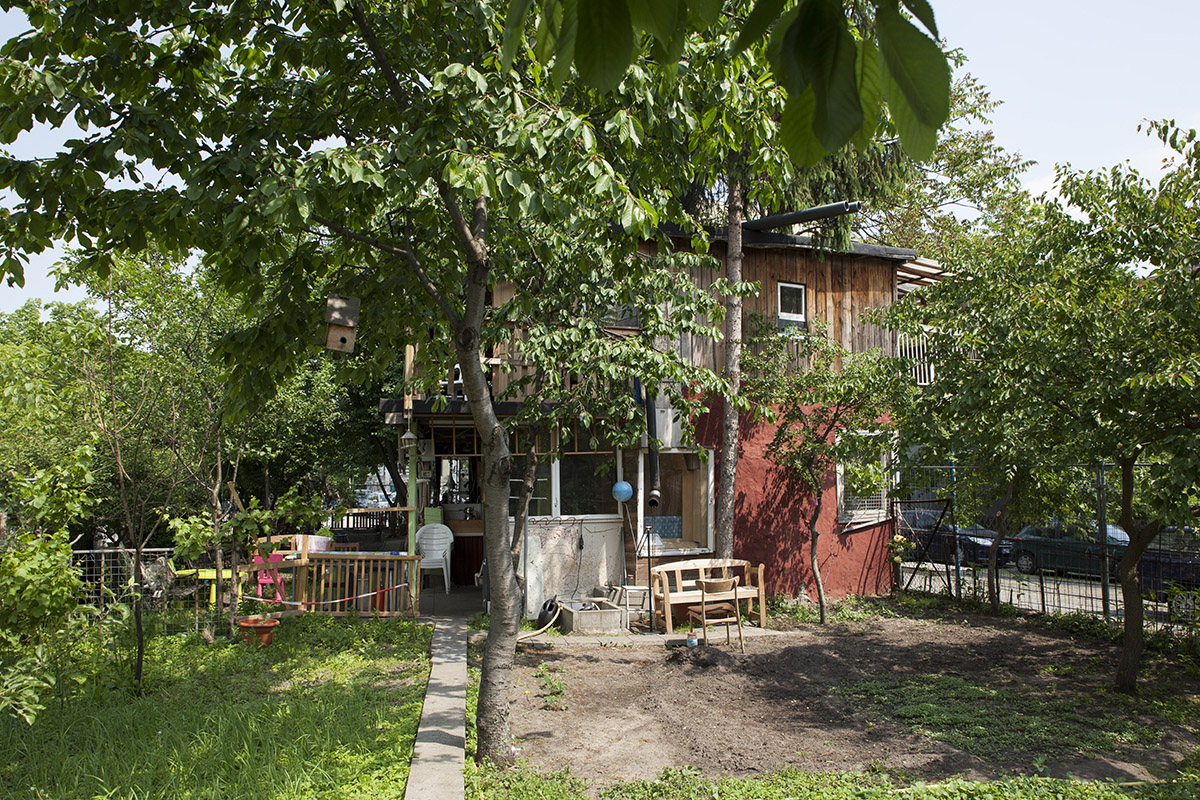On a rainy autumn day in Istanbul, we met Selim Özdoğan who’s from Cologne. We hid away in a side street in the neighbourhood of Beyoğlu and enjoyed some Turkish Çay (engl. Turkish tea – ed.). He has been living in this metropolis since August, 2014, and has been gathering inspiration for his new book. We didn’t speak about the city. Instead we talked about his new book »DZ«, about consciousness and about the consumption of diverse drugs.
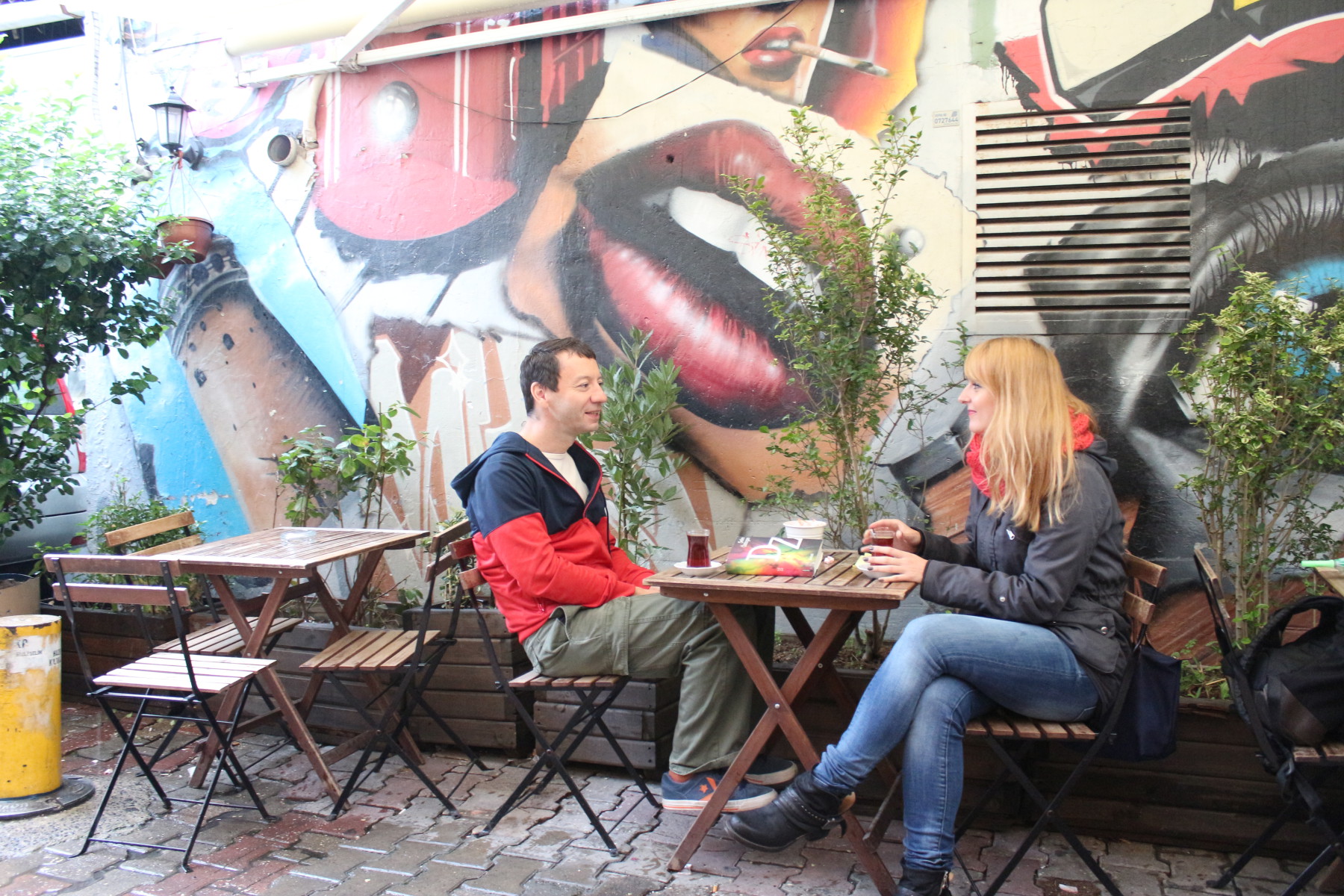
All of a sudden, whilst reading »DZ«, I wanted to try the fictitious drug »wmk«. Was this planned?
This book is about altering perceptions, and the way the world is experienced differently under the influence of drugs. But reading is also an alteration of perception. Reading »DZ«, you might suddenly want to start taking drugs that don’t exist. We perceive the world in a different way when we are scared, or in love, or when we are angry. I’m glad that the book »DZ« has an effect. This is how I understand literature or art in general. It is a drug, because you perceive things in different ways.
In the book it says that a fictitious drug cannot have an effect on reality. But here we are talking about just this. Was the subject of drugs chosen to start an open discourse?
I would love to be able to take part in an open discourse with this book. I think that the way we deal with drugs is odd. Alcohol is not seen as a drug because it is legal. Economically, we should be legalizing cannabis, too.
Although we are enlightened and think that we are rational and scientific, we remain emotional or moral as far as drugs are concerned. There is no logic to the way we define medicine or drugs. What we call medicine is abused as a drug. It is arbitrary. We never say that we are already a drug-using society (germ. Drogengesellschaft – ed.), but in reality, nearly everyone is addicted to something.
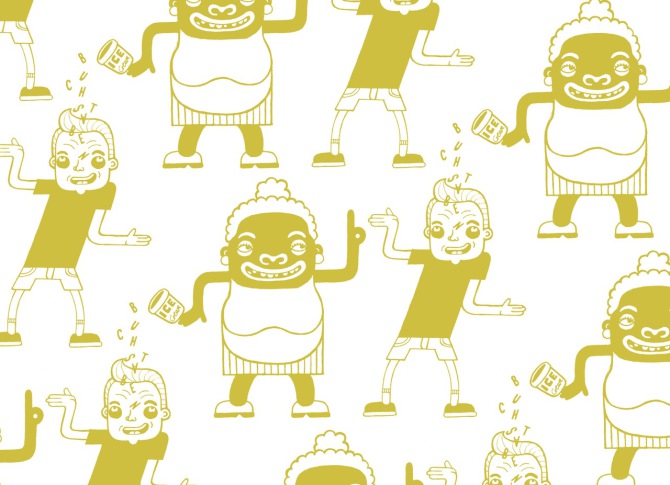
Your book is not just about drugs, but also about consciousness. Did you want to suggest that humans could control their consciousness?
Yes, we can certainly do this. But it is more important that our consciousness can change. You wake up in the morning and are a much more disciplined person than you are in the evening. This is the truth for everyone. Consciousness is always changing.
If you’ve been on a boat for three hours and then you have ground under you feet, it feels odd. So perception changes, too. It is not so much about saying that we can steer perception. We certainly can steer it to a point. What’s more important is that it is not constant. It is a process that changes.
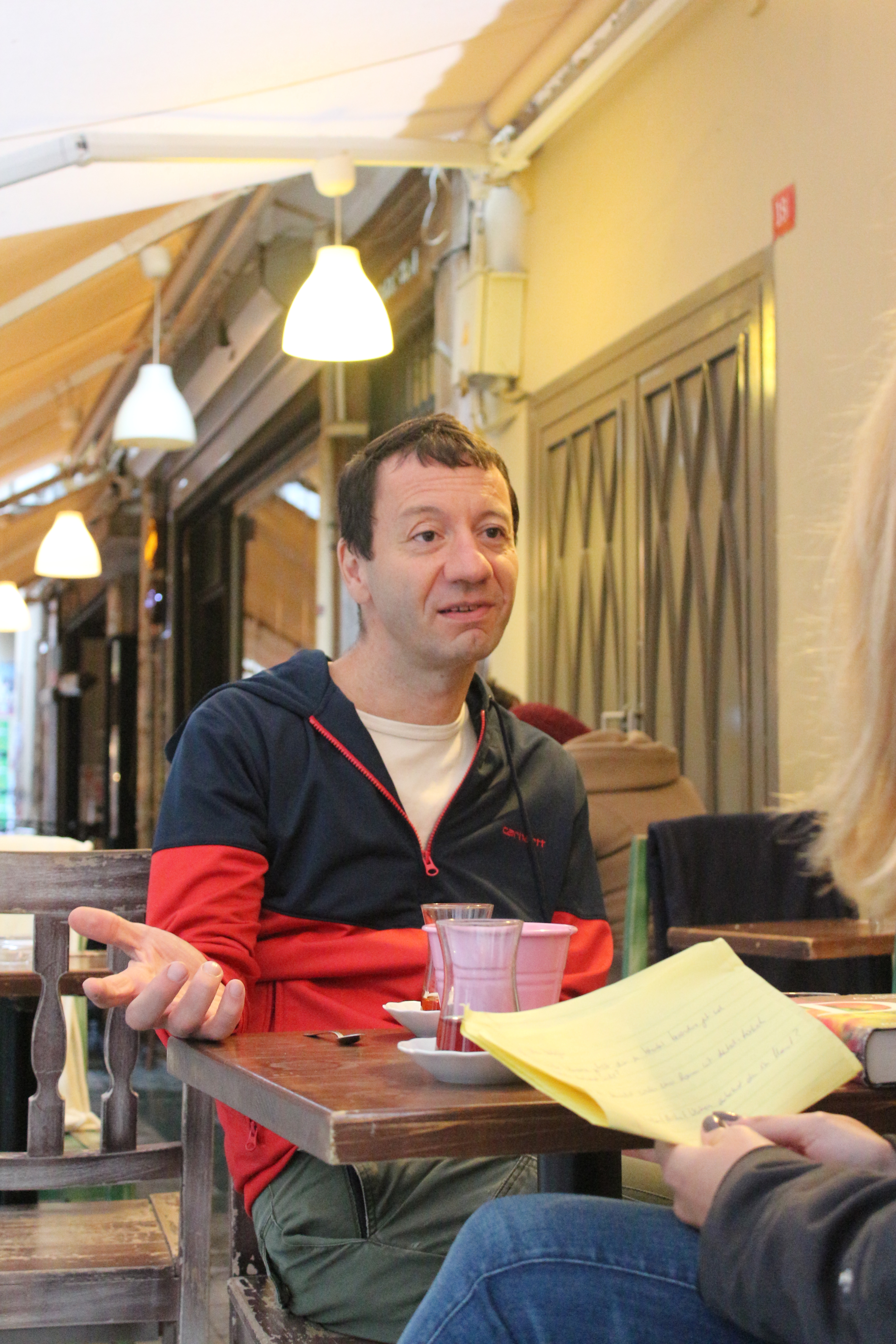
The main character of »DZ« discovers an Internet platform and makes it his home. Hailing from Cologne with a Turkish background, you’ve been living in Istanbul since August. Do you feel at home in Istanbul?
Somehow not. I can’t quite explain it. I find it nice to be a foreigner somewhere where I can speak the language. This never happens to me anywhere else. Coming back to Istanbul after three days in Slovenia, was like coming home. But I can’t imagine living in this city because it’s so loud and so crowded. If I were to live here, it wouldn’t be in Beyoğlu.
Slovenia only has two million inhabitants. Here, three million people pass through the İstiklal every day (the main shopping street in the Beyoğlu district of Istanbul).
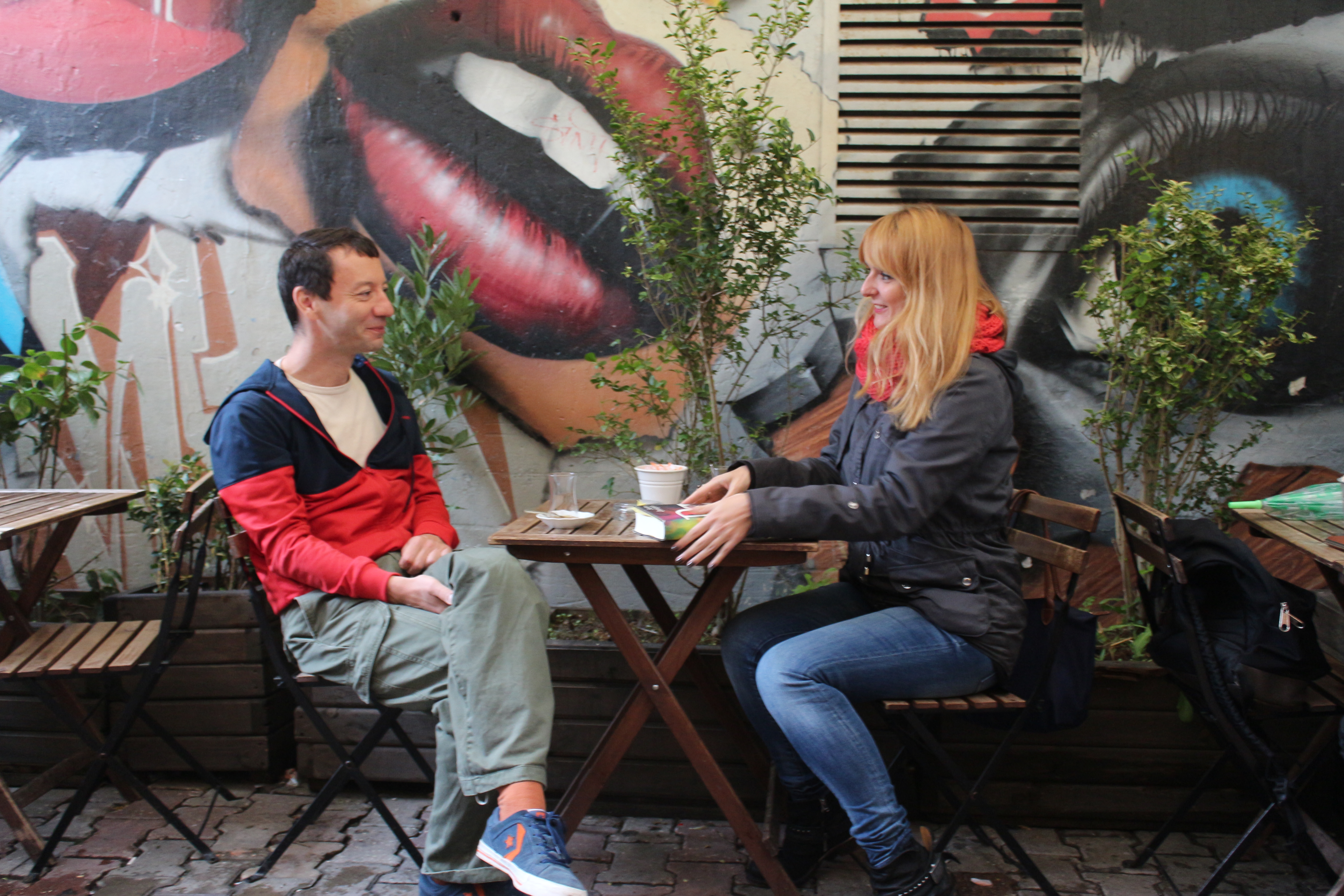
Are you going to write another book about a German-Turkish setup soon?
Yes, I’m working on it right now. The book is going to be very different because it has a different approach. The story goes like this: in 1989 a German hippy-woman travels overland from India and meets a Turkish student who is studying German. They fall in love and have a son. They live in Istanbul until the child has to start primary school. The mother doesn’t like the school system in Turkey. They then go to Germany. The father, on the other hand, doesn’t like Germany and they divorce. The little boy goes straight from Turkey into a Waldorf school. That is the prologue.
The actual story takes place in the present and the boy’s girlfriend breaks up with him because he doesn’t pay attention to his identity, culture and background. He doesn’t take it seriously, but then he goes to Istanbul and starts to understand things far better. It is actually nice to be in Istanbul. And somehow, it’s also quite funny. Christmas decorations stay up on the İstiklal all year round and in this area there are more churches than mosques. Bizarre.
I am happy with what I have written so far. But this is my first attempt at writing a funny book. I find it difficult.
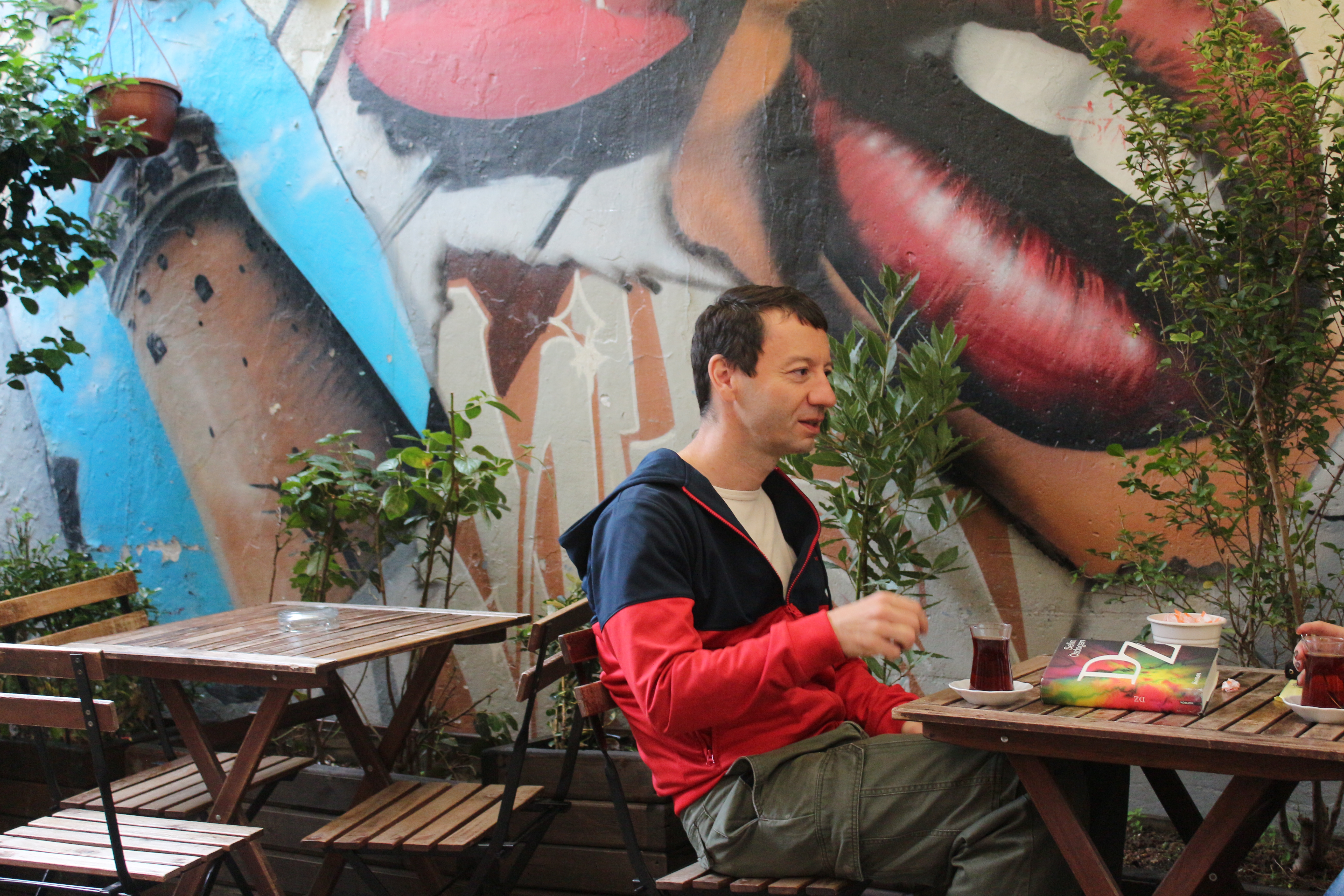
We are really looking forward to seeing your next book.
In 2015, Selim Özdoğan’s next book »Wieso Heimat, ich wohne zur Miete« (engl. What do you mean home, I rent). His current book »DZ« was published in 2013 by the Haymon Verlag (engl. Haymon Publishing House).
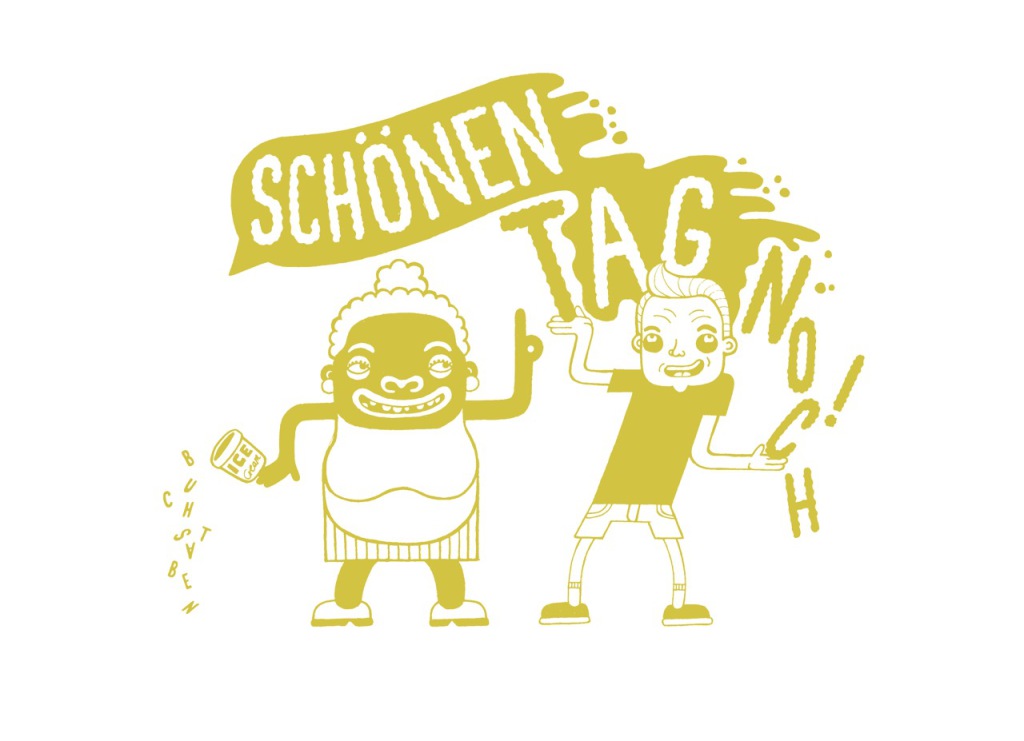
Credits
Text: Nur Şeyda Kapsız
Photos: Yalçın Eser
Illustrationen: Rikk Nerlig
http://www.selimoezdogan.de
